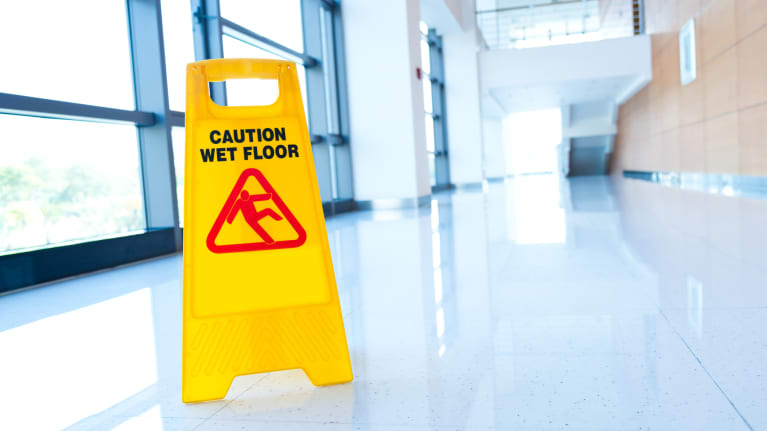5 Common Emergencies in the Workplace and How to Prepare for Them
Regular offices may seem boring to most people, but these places are not exempt from emergencies and disasters. There will always be slow days in the workplace, but a crisis can happen anytime, and this will demand prompt action from everyone in the premises. To make sure that you’re prepared for any event, you should have an employee or a team who has attended a first aid training course in Melbourne. They’ll be able to aid people who might have been hurt or injured. But more than that, everyone in your place should be familiar with your emergency response plan or ERP, a document that details how people should act and respond in cases of emergency.
What are the possible emergency scenarios that can take place while you’re at work, and how can you prepare for them?
- Earthquake
An earthquake is a global emergency more common than many realise, and one of the most frightening things about it is that there’s no way of preventing it or predicting when one could happen. During earthquakes in the workplace, people can get hurt by a collapsing ceiling, shattering windows and light fixtures, as well as other falling objects. Here’s what to do in case of an earthquake:
- If you’re indoors, stay there.
- Brace yourself against the inside of a wall, or take cover under some sturdy furniture.
- Avoid using elevators. Evacuate using the emergency stairwell.
- Keep away from areas where objects could fall.
- Always protect your head and neck.
- Professional responders may not be able to respond in time, so be prepared to rescue victims and bring them to a triage area if one is available upon evacuation.
- Fire
Structure fires are a common workplace emergency. They cause billions of dollars’ worth of property damage yearly, and claim hundreds—if not thousands—of lives. You can choose to invite a fire department representative to your office to talk about fire hazards, the different kinds of fires, the kinds of fire you shouldn’t fight, how you should respond to fire, how to properly use a fire extinguisher, etc. It may surprise you to know that though getting burned itself is fatal, it’s actually smoke and gases that kill more people in fires. Here’s what you should do:
- activate the fire alarms.
- Call the emergency hotline and inform the dispatcher of the location and nature of your emergency.
- Do not use elevators.
- Evacuate in an orderly fashion.
- Medical Emergencies
One of the most common workplace emergencies is a medical emergency. These include cardiac arrest, a fall, seizures, etc. People at the centre of these medical emergencies will require immediate attention, and proper response is critical. Here’s what to do if you don’t know how to perform CPR or administer first aid:
- Call the emergency hotline and quickly inform the dispatcher of your location and the nature of your emergency.
- Avoid moving the victim unless it’s needed to save their life.
- Coordinate with the emergency hotline dispatcher on life-saving techniques to apply on the victim.
- Inform the victim’s supervisor immediately so that they could notify the victim’s emergency contacts.
- Weather-related Emergencies
Emergencies can also be caused by storms, hurricanes, heat waves, and floods. Your workplace can be in an area where it is known to flood, or you can be caught in a sudden storm, which can cause power outages and even structural damage. A majority of weather-related events can be predicted and prepared for, but once you’re caught up in one while at the office, here’s what you should do:
- A power failure will slow down lines of communication, so wait for instructions.
- Use a battery-powered radio to listen to a radio station broadcasting local news.
- Avoid evacuating the premises unless you are instructed to do so.
- Hazardous Chemical Release
This can include chemical spills and release of toxic substances such as pesticides, solvents, petroleum products, metals, and paints—all of which are hazardous to your health. Even if your workplace is free of toxic substances, a nearby spill can easily affect you. Here’s what you should do:
- Evacuate the area near the spill or release.
- Call the emergency hotline and inform the dispatcher of your location and the nature of your emergency.
Lack of awareness and preparedness can lead to panic, injuries, and even deaths. Keep yourself and your officemates informed of your emergency procedures and the resources available to them in times of need. This way, all of you can deal with the emergency as safely and as efficiently as possible.
